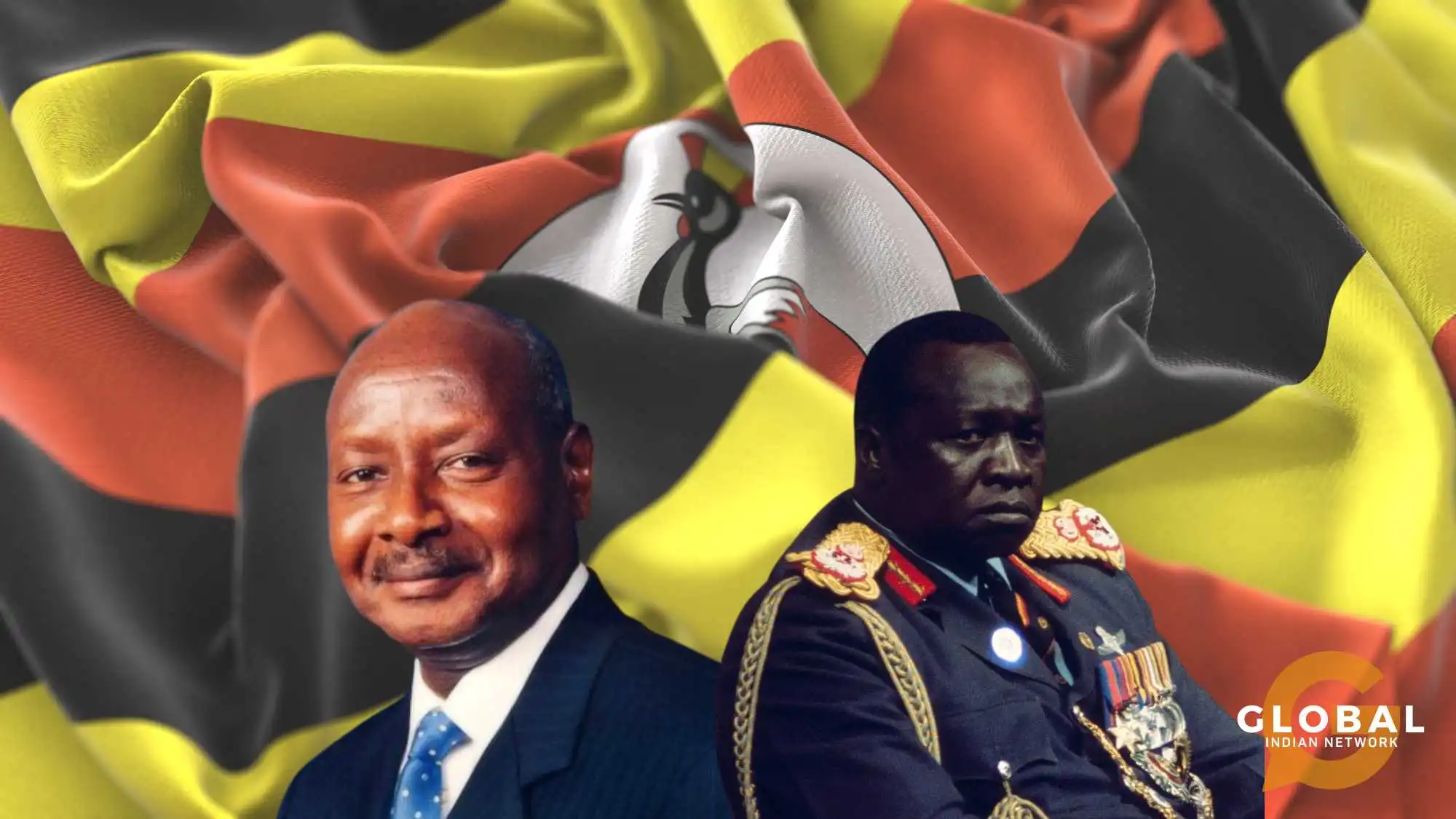The world is never short of surprises. Every day, there is an unpleasant one.
But for a change, we have a pleasant one.
Remember Idi Amin, the military dictator who ruined the lives of Asians in Uganda during the early 1970s? So, what is pleasant about him?
Uganda’s President Yoweri Museveni has admitted that Idi Amin went wrong with his decision to expel Asians from the country. Seemingly, God appeared in Amin’s dream and commanded him to carry out the task. The country had plunged into disarray, and there was chaos everywhere. Museveni acknowledged the contributions of Asians to the economy when he came to power and requested that those who had left return. Rarely does a historical mistake get rectified.
Museveni has recently made a praiseworthy decision by denying the request to authorise the establishment of an institute in honour of the notorious former President, Idi Amin. This move has sparked conversations about the contrasting legacies of the two leaders. The refusal to permit the institute in memory of Idi Amin underscores the intricate political terrain in Uganda and the enduring impact of past leaders on shaping the country’s future.
Let us tell you about Idi Amin. He was born in Koboko, Uganda, gained notoriety as a military officer and served as the president of Uganda from 1971 to 1979. He is infamous for his brutal dictatorship and the deaths of hundreds of thousands of Ugandans that occurred under his rule. Amin’s military career began in the British army in colonial Uganda, where he eventually seized power through a coup. His regime was characterised by human rights abuses, political repression, and economic mismanagement. His unpredictable behaviour on the international stage led to Uganda’s isolation. Amin’s presidency ended in 1979 when he was overthrown during the Uganda-Tanzania War.
Following his ousting, Amin lived in exile, primarily in Saudi Arabia, until his death on August 16, 2003, in Jiddah, Saudi Arabia, due to kidney failure. Amin’s legacy remains a dark chapter in Ugandan history, marked by tyranny and brutality.
Yoweri Museveni, who once led a rebellion against Idi Amin, had emerged as a prominent figure in Ugandan politics, recognised for his efforts to open up the economy and foster relationships with other countries.
Yoweri Museveni has substantially impacted Uganda, particularly in rejuvenating the economy, fostering stability, and advocating for a free press during his time as president. Under his leadership, Uganda has played a vital role in regional peace, security, and stability. Museveni’s unwavering beliefs and exceptional bravery have influenced Uganda’s position on diverse international matters, demonstrating a dedication to the country’s advancement and influence in the region.
Nevertheless, his recent behaviours have sparked disapproval, as some onlookers have observed a move towards autocracy and dishonesty. Museveni has faced allegations of suppressing opposing opinions and political figures, and his administration has been accused of violating human rights. Despite these objections, Museveni continues to be a significant presence in Ugandan politics, and his impact on the country’s progress should not be overlooked.










[…] 1962, Uganda's President Milton Obote, leader of the Uganda People's Congress, was elected Prime Minister, but his rule was […]